
Call to action for the renewable energy sector
Call to action for advancing transparency and accountability in the renewable energy sector
This call to action was launched at the 2023 United Nations Climate Change Conference (COP28) with the endorsement of CWP Global, Energy for Growth Hub, Green Hydrogen Organisation (GH2), International Center for Not-for-Profit Law (ICNL), REN21, SSE Renewables, Statkraft and the Transparency International chapters in Australia, Colombia, Norway and Zambia.
Race to renewables
Our report outlines corruption and integrity risks in the renewable energy sector and provides recommendations for stakeholders to address them.
Preamble
Urgent collective action is needed to tackle climate change and increase energy access. The renewable energy sector has a critical role to play in helping countries reduce energy poverty and adopt pathways to a low-carbon future.
However, corruption and weak governance pose a threat to sustainable growth within the renewable energy sector. Violations of stakeholder rights could fuel perceptions that the sector is not working in the public interest, deter investments and increase the cost of doing business.
A solution lies in reinforcing transparency and accountability in the renewable energy sector. These principles serve as the foundation for creating fairer and more competitive markets and building trust among stakeholders. Good governance can promote better environmental, social and human rights performance and reduce corruption risks. It can also bolster the renewable energy sector’s capacity to drive sustainable development by promoting broader energy access, economic growth and a just energy transition.
Key calls for transparency
As stakeholders in the renewable energy sector, we call for transparency across eight key areas:
- Policy and legal frameworks: Disclosure of laws and regulations, fiscal terms, and institutional roles and responsibilities, to clarify and uphold the rights and responsibilities of different stakeholders in line with international standards and best practices.
- Contracts and licenses: Transparent allocation of licenses and contracts, to create a level playing field for investors, build trust with citizens and reduce corruption risks. Disclosures should include the criteria and processes used to award licenses and contracts, the outcomes of award processes and the agreements signed between governments and companies.
- Community engagement: Open and transparent community participation processes and grievance mechanisms, to ensure the rights of affected communities are respected, notably in relation to land rights. Where applicable, this should include transparency on and in the application of free, prior and informed consent requirements.
-
Community impacts and benefits: Transparency on impact assessments and monitoring data, to strengthen environmental, social and governance performance. Disclosure of information on social spending, community development and co-ownership agreements, where such disclosures are supported by communities, can build trust and ensure benefits are shared equitably.
-
Company ownership: Disclosure of information on the beneficial owners of companies operating in the renewable energy sector, to improve integrity in business relationships.
-
Taxes and subsidies: Disclosure of payments by companies to governments, as well as information on subsidies, to shed light on the sector’s economic contributions. This information should be disaggregated by project and include payments to subnational governments.
-
Anti-corruption safeguards: Disclosure of information on anti-corruption policies and practices by renewable energy companies, to strengthen understanding of corporate approaches to anti-corruption.
-
Supply chains: Supply chain transparency, to shed light on environmental, social and governance risks associated with inputs for renewable energy technologies. Due diligence efforts are further necessary to manage these risks in renewable energy supply chains.
Commitment to accountability
We are committed to ensuring that transparency translates to greater accountability. We recognise that this can only happen if:
- Information is disclosed in a manner that is easy to access, understand and use.
- Stakeholders have the capacity and resources to access, understand and use information.
- Stakeholders, including women, Indigenous peoples, and marginalised groups, have opportunities for meaningful, inclusive and participatory dialogue.
- Compliance with national laws and international best practices, including the UN Guiding Principles and OECD Due Diligence Guidance, is effectively enforced and governments and companies take action when stakeholders raise legitimate concerns.
- Civil society, including groups representing communities affected by projects, can operate without restraint, coercion or reprisal.
Collective call to action
We call upon:
- Governments to integrate transparency, inclusiveness and good governance in the management and development of their renewable energy sector, including in auctions and public procurement processes.
- Companies and financial institutions to go beyond legal compliance by placing high standards of transparency, due diligence and good governance at the heart of their business practices and investment decisions.
- Civil society actors to use information disclosures, grievance mechanisms and dialogue platforms to advocate for good governance.
We are committed to collective action to advance transparency and accountability in the renewable energy sector. We will work together to raise awareness of governance risks through research and public engagement; support the application of best practices through guidance materials, capacity development and peer learning; and engage in multi-stakeholder dialogue to explore options for raising standards across the sector.
This call to action is endorsed by:
-
CWP Global

-
Energy for Growth Hub
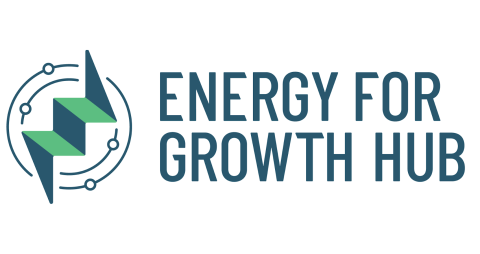
-
Global Renewables Alliance
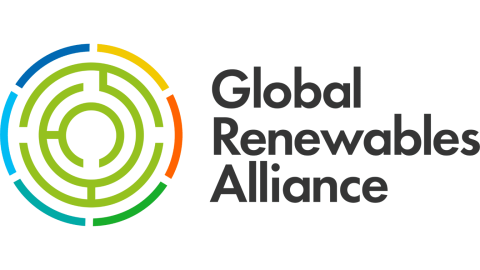
-
Green Hydrogen Organisation (GH2)

-
International Center for Not-for-Profit Law (ICNL)
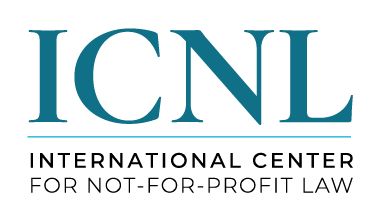
-
REN21

-
SSE Renewables

-
Statkraft
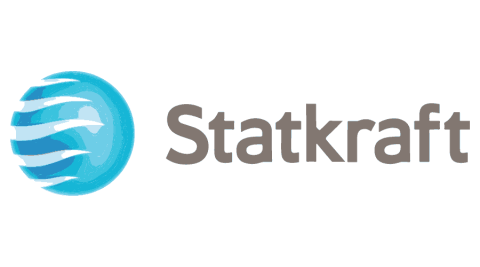
-
Transparency International Australia

-
Transparency International Colombia
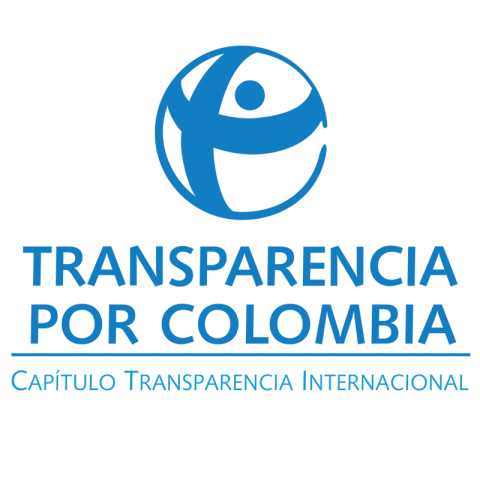
-
Transparency International Norway

-
Transparency International Zambia
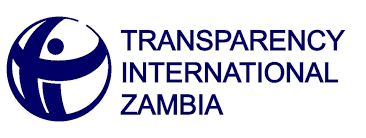
Download the call to action
This call to action covers eight areas for advancing transparency and accountability in the renewable energy sector.